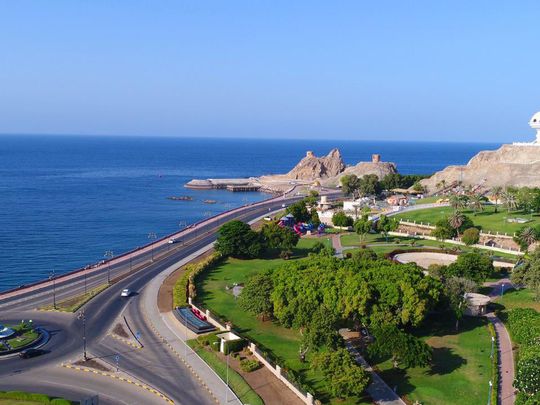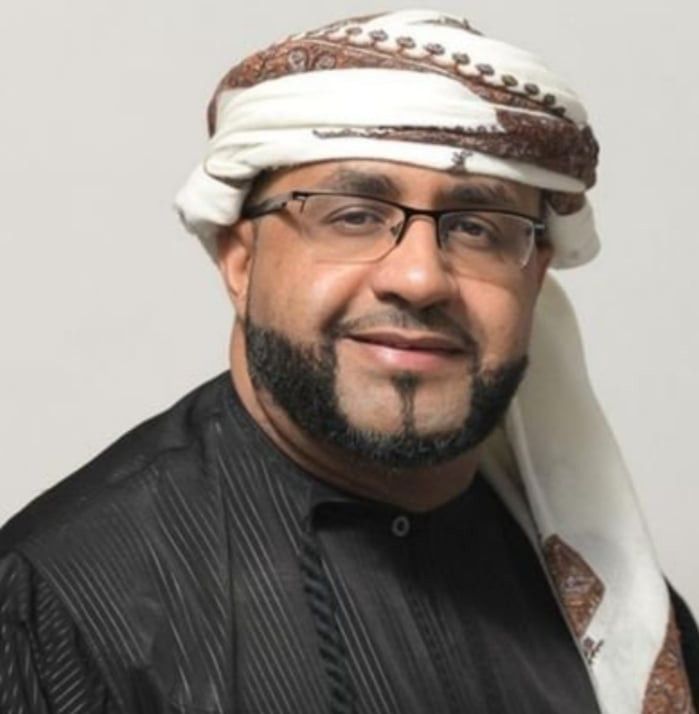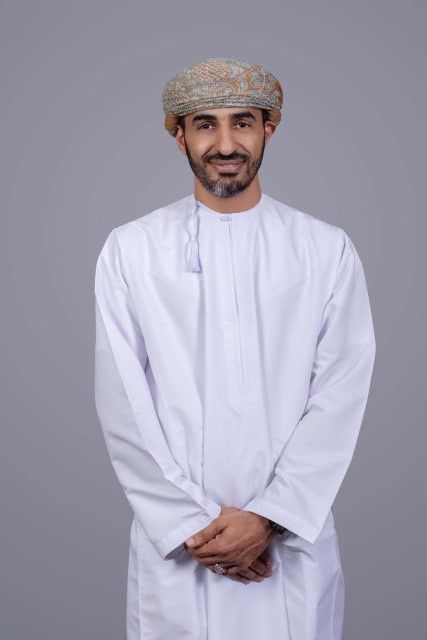
Muscat: When Value Added Tax (VAT) law comes into force in Oman on April 16, 2021 following a Royal Decree, the Sultante will become the fourth GCC member state - after the UAE, Saudi Arabia and Bahrain - to introduce the levy.
The country will apply VAT at the standard rate of 5 per cent on most goods and services, with exceptions for essential food items, medical care, education and financial services. According to Oman’s Tax Authority chairman Saud Nassir al Shukaili, this should raise around OMR 400 million (Dh3.8 billion), equivalent to around 1.5 per cent of gross domestic product (GDP). The introduction of VAT is also in line with Muscat’s commitment to the Oman Vision 2040 programme, which aims to diversify the economy away from oil towards non-oil sectors such as logistics, manufacturing and tourism.
In a statement to Oman News Agency (ONA), Shukaili said the application of VAT was made in accordance with exhaustive studies undertaken over a long period of time. The studies covered the economic and social impacts of VAT in the Sultanate. Another study showed the impact of the VAT on consumers in Oman will be minimal.
94 food items are exempted
According to Oman Tax Authority, 94 food items are exempted from VAT including milk, meat, fish, poultry, fresh eggs, vegetables and fruits, coffee and tea, olive oil, sugar, nutritional products for children, bread, bottled drinking water and salt.
The Sultanate has applied zero-rate to basic commodities and exempted some domains like education, healthcare and financial services from VAT bracket.
Zero-rated list
A zero-rating allows businesses to reclaim any VAT they have paid on costs. A taxable person or business that makes only zero-rated supplies may request to be excluded from the mandatory registration requirement for VAT purposes.
-Investment gold, silver and platinum
-International or intra-GCC transport of goods, passengers and related services
-Supply of aircraft or vessels designated for rescue and assistance by air or sea
-Crude oil, oil derivatives and natural gas
-Export goods and services as well as the re-export of temporary imported goods
-Supply of air, sea and land means of transport for the transportation of passengers and goods for commercial purposes and related services
-Supply goods or services in suspended status (from duties/taxes) under the GCC unified customs law
Other categories
Apart from the above mentioned list that are in the zero-list, certain other categories are also exempted from VAT, which are, financial services, the supply of preventive and healthcare services and associated goods and services, the supply of educational services and related goods and services, the supply of peer land, resale of residential buildings, local transportation, supply of residential buildings by renting, import of goods, if the final destination country is exempt from VAT or subject to a zero-rate, diplomatic, international institutions, goods and services for military services, imports of personal items and gifts carried in travellers’ personal luggage and with foreign people coming for the first time to Oman, supplies for non-profitable charitable societies and returned imported goods.
Good for country
Shaddad Al Musalmy, noted Omani journalist and writer, said news about VAT, ever since it began circulating, had worried many common people. “However, clarification of the services that will be VAT-exempted or zero-rated cleared all our doubts and this means that basic items will not cost more.

VAT will basically affect luxury spenders and not the essential purchases, which I feel will not make any difference in the general spending of the people. It will remain more or less the same. But it will make a change for the better in country’s economy by covering the deficit up to an extent by generating OMR 400 million annually.”
Attracting investment more important now
However not all shared the same opinion. Salam Al Kindi, Director of Corporate Affairs, Salam Air, said the tax will not help the economy at this point of time. “The economy is already suffering and we should think of boosting the business and improve the purchasing power and investment opportunities in Oman. VAT in the long run is surely an earner for the country but the timing is not right in my opinion.

"Post-COVID-19 situation saw closure of a lot of businesses, and many foreign investors left the country. We need to attract new foreign business ventures, especially in the realm of small and medium sectors, and boost local businesses through incentivised capital pumping, grants and soft loans.
“There are plans afoot from the government in this area, per the manifest for Oman Vision 2040, but these steps need to be put into action now than later to address the situation. I know this calls for investment and that could be dear at the moment, but a little stretching now will mend many holes.”
VAT will indirectly influence savings
Gassan Al Jamali, a business owner said Oman has been very generous with a lot of subsidies to help with the living standards of its people but due to current situation, it cannot afford to continue to hand out those benefits. “We have to do our part to help the country. VAT talks have been going on since 2018 and this isn’t anything new. The impact seems steep now due to the timing with the COVID-19 impacts. Common people will not be affected much as essential commodities are not in the list of VAT and it is mostly to do with capital goods. In a way, it will make people think twice before buying what is not essential and it can in turn get them to save more, which is also good.”

Some merchants could find it difficult
Mohammed Tawhid, another business owner, said while it will certainly help the country in generating a revenue stream, businesses dealing with capital goods will find dealing with the customers’ demand a little difficult.

“Customers are asking the business owners to take the brunt of VAT while it is not possible nor a done custom. We will have to deal with issues arising out of such points and it will take some time before VAT is accepted as a norm. Many customers have already started controlling their expenses, and there isn’t much we can do at this point.”








